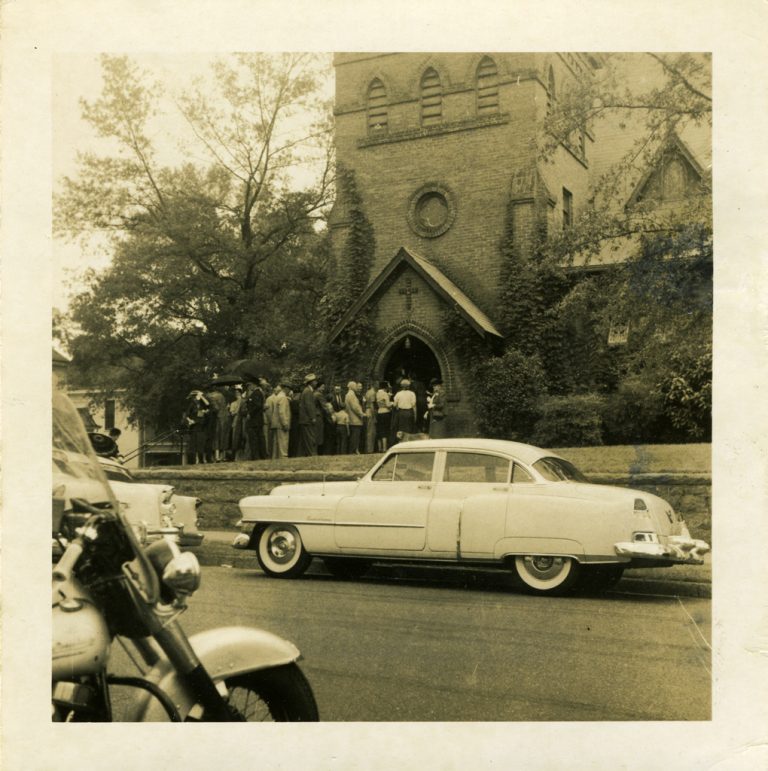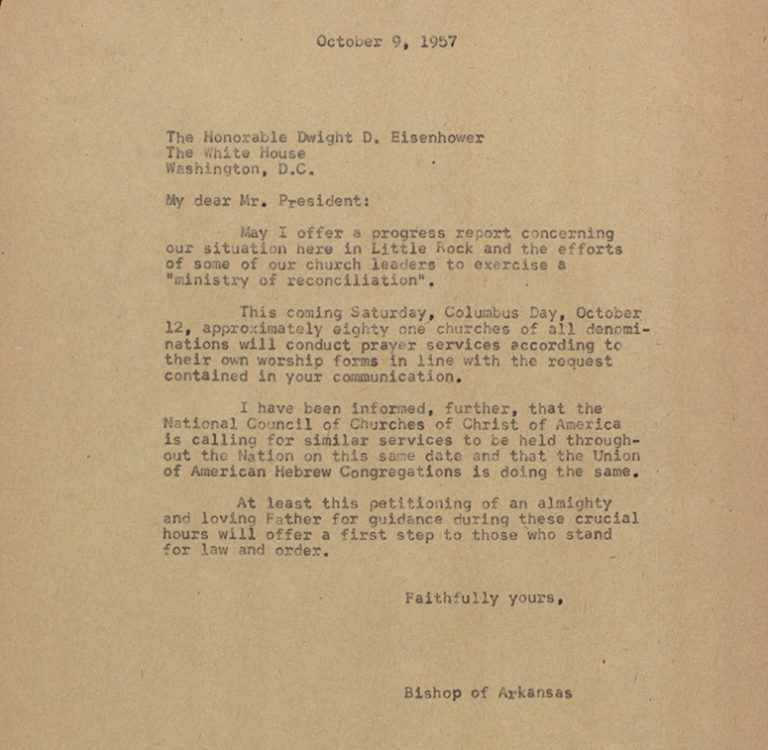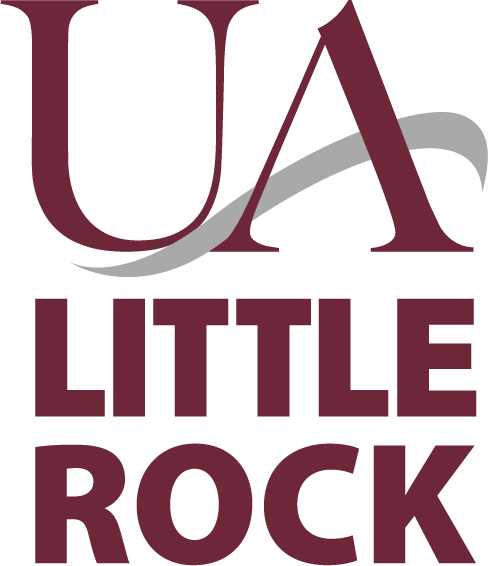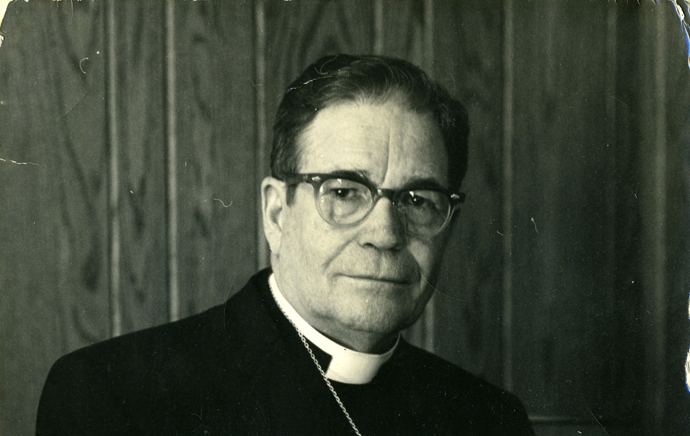Bishop Brown believed healing was needed to reduce tensions in Little Rock during the desegregation crisis. He understood that healing came through prayer and that it was the obligation of the clergy of all religious denominations to provide leadership to Little Rock. He proposed a citywide day of prayer in which all faiths would come together in their respective churches at one time to pray for peace and healing during the tense situation in Little Rock. He asked that all churches, regardless of denomination, promote four special prayers:
- for support and preservation of law and order
- for the leaders of community, state, and nation
- for the casting out of rancor and prejudice in favor of understanding and compassion
- for the people resisting unthinking agitators

The idea quickly caught on and Bishop Brown became nationally known. He was interviewed by several major news and media sources such as Time magazine, and he was contacted by politicians to ask his view on a solution to the desegregation issue. He received letters from Governor Faubus, Secretary of State John Dulles, and President Eisenhower during this time. Even though some people such as Governor Faubus took different stances than Bishop Brown on the issue of the crisis and whom to blame, it was the Bishop’s leadership on prayer and reconciliation that tempered the situation during its de-escalation and eventual end in 1959.

Bishop Robert R. Brown. Courtesy of the Butler Center for Arkansas Studies.

